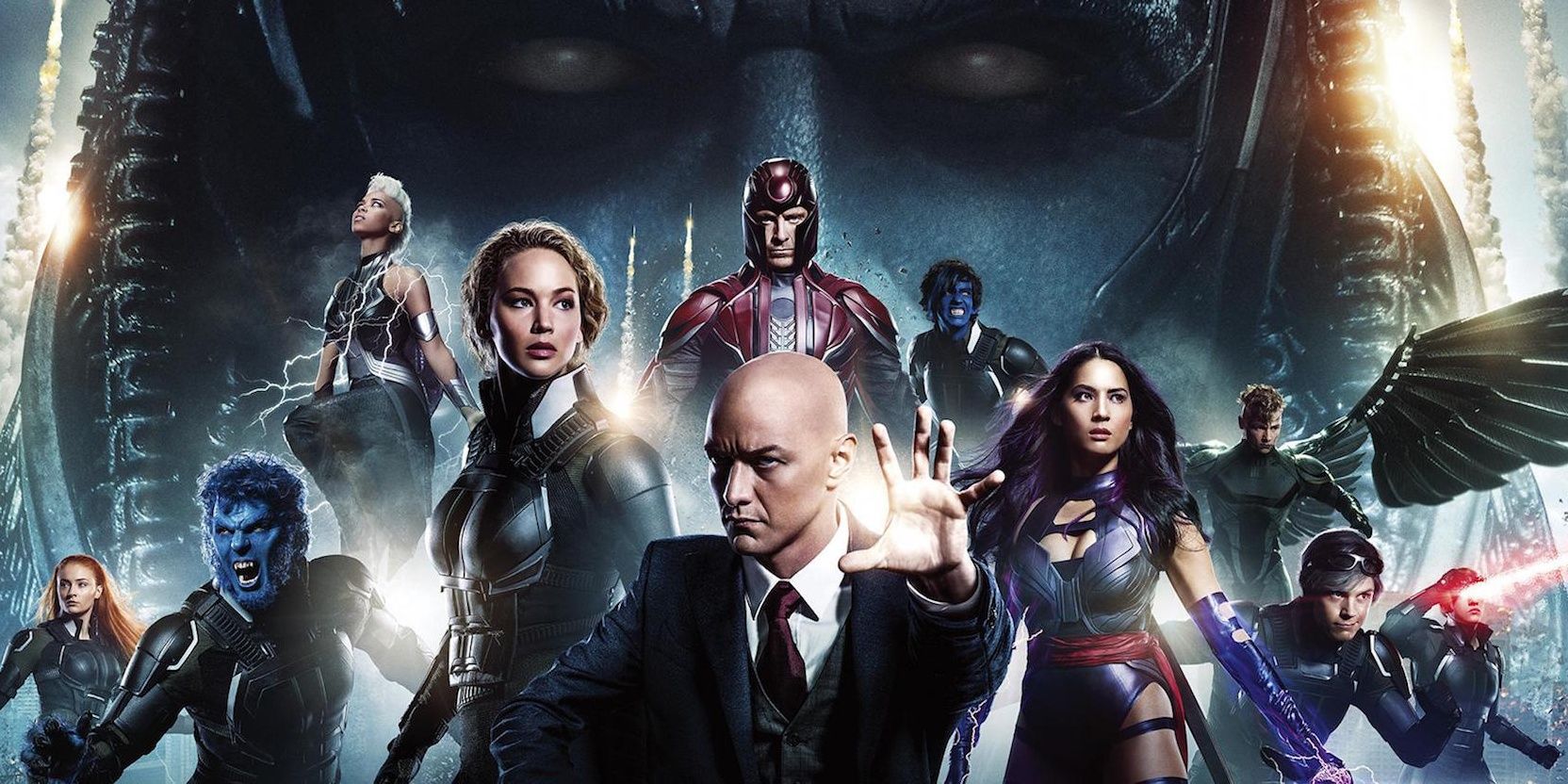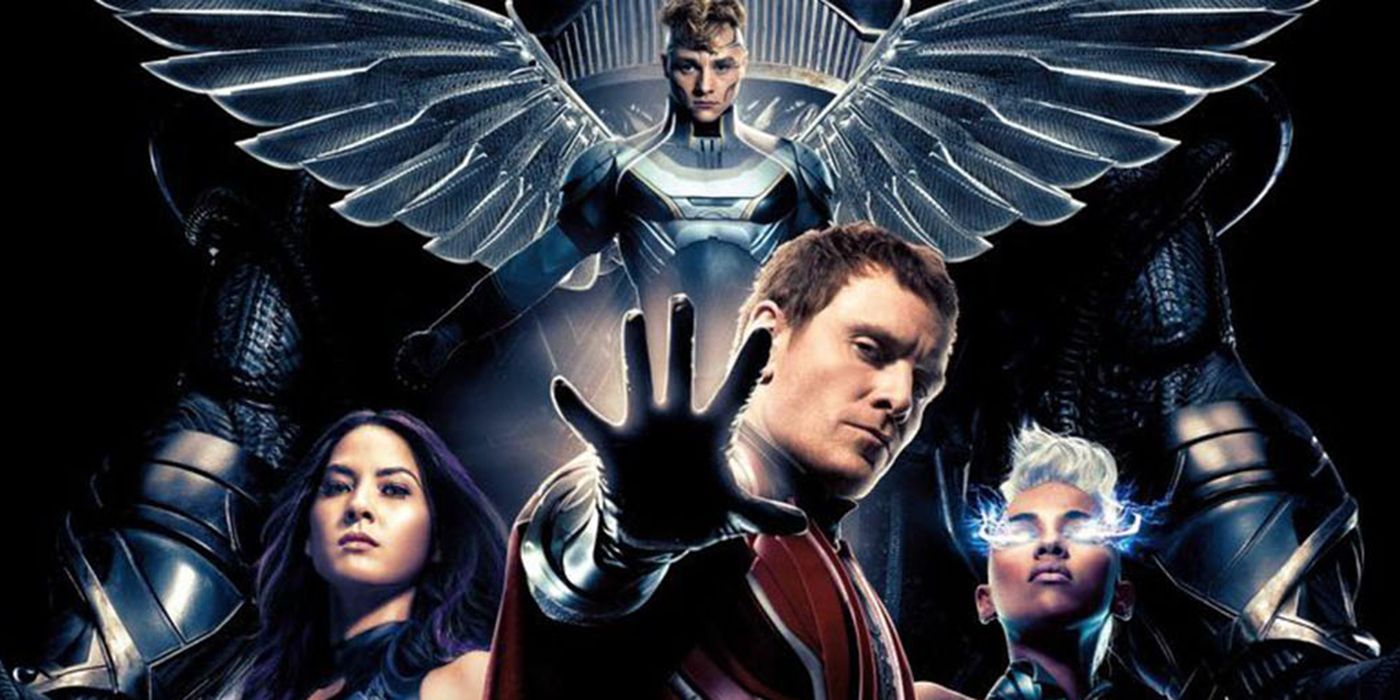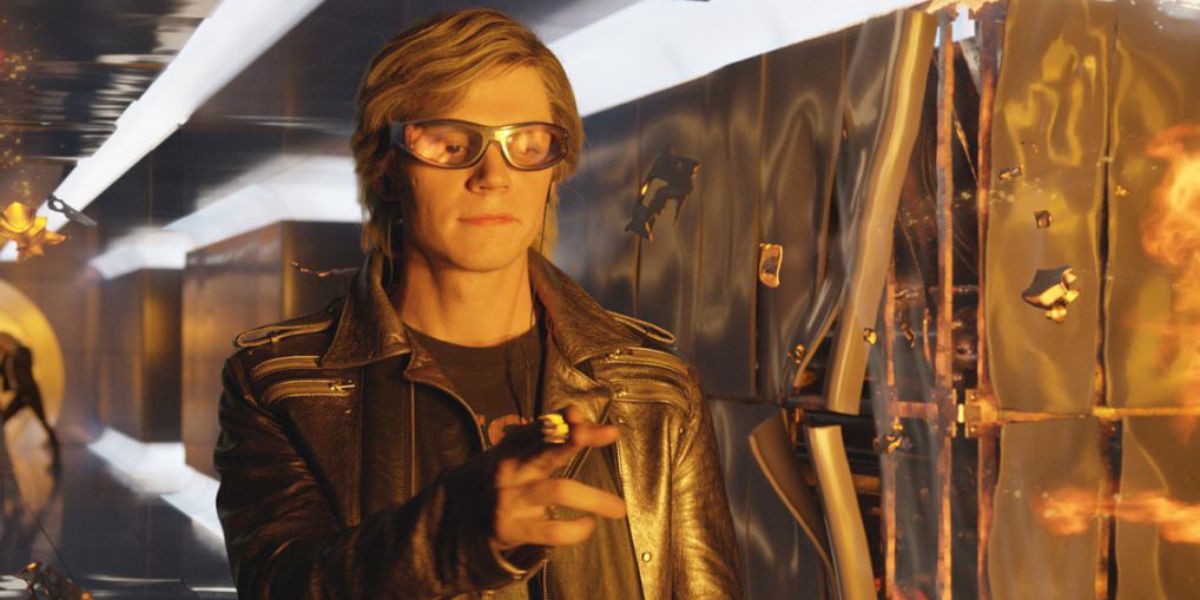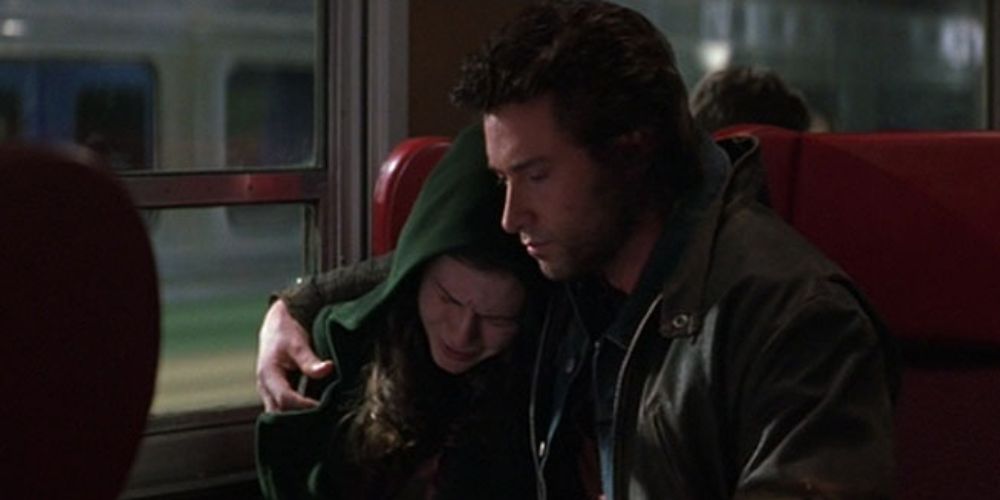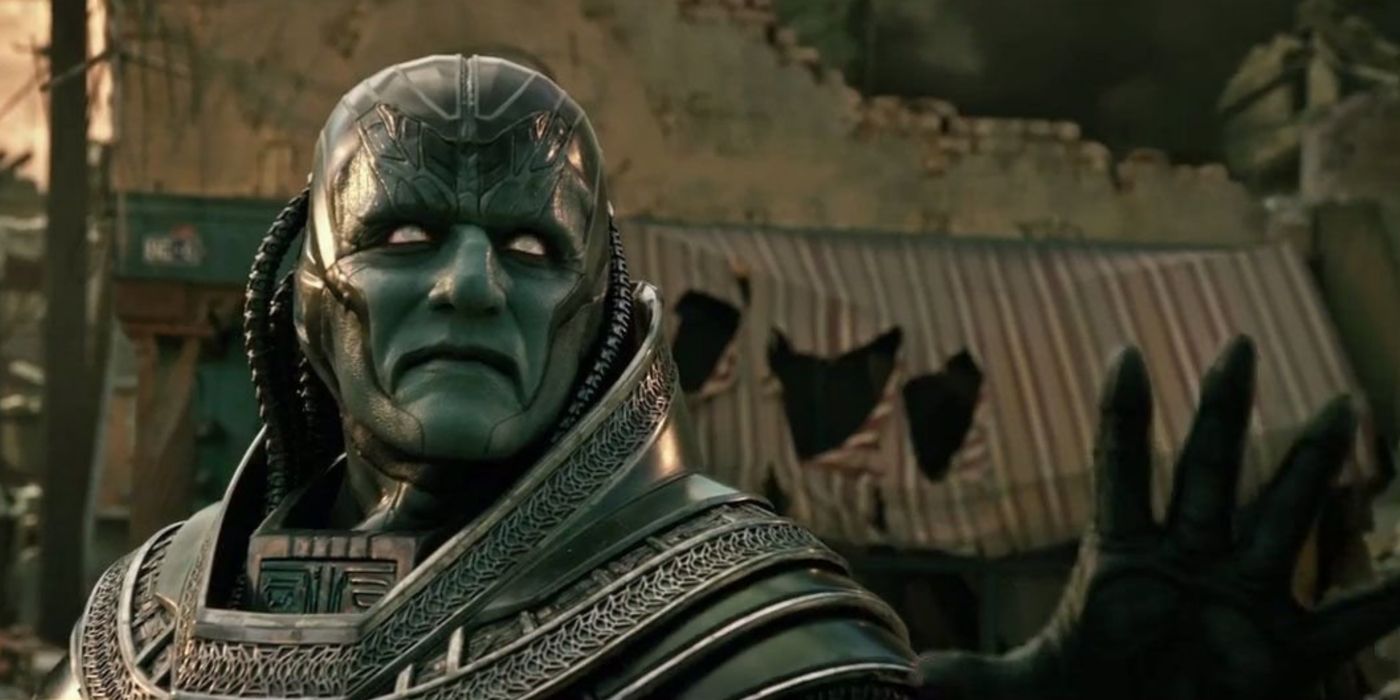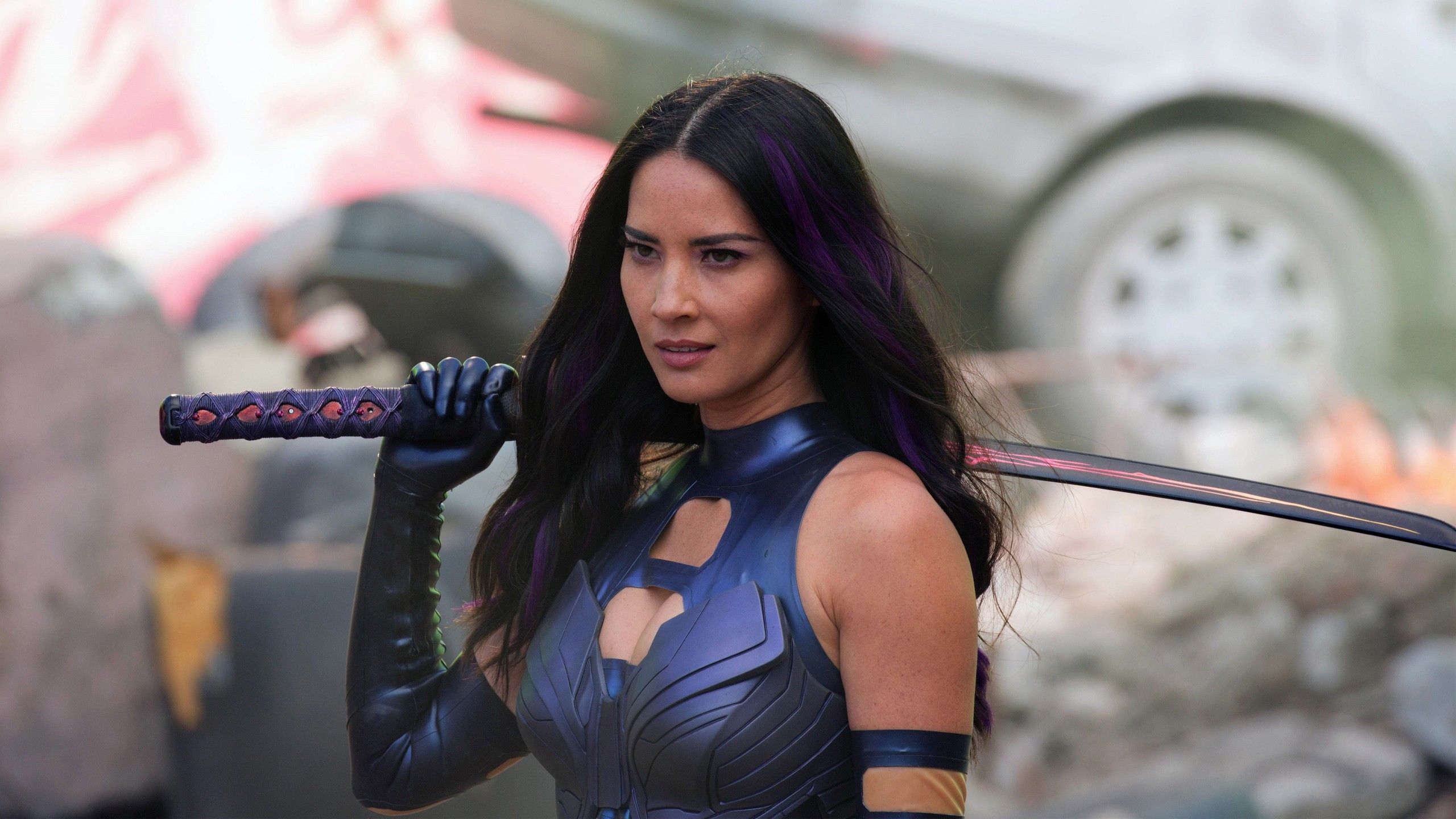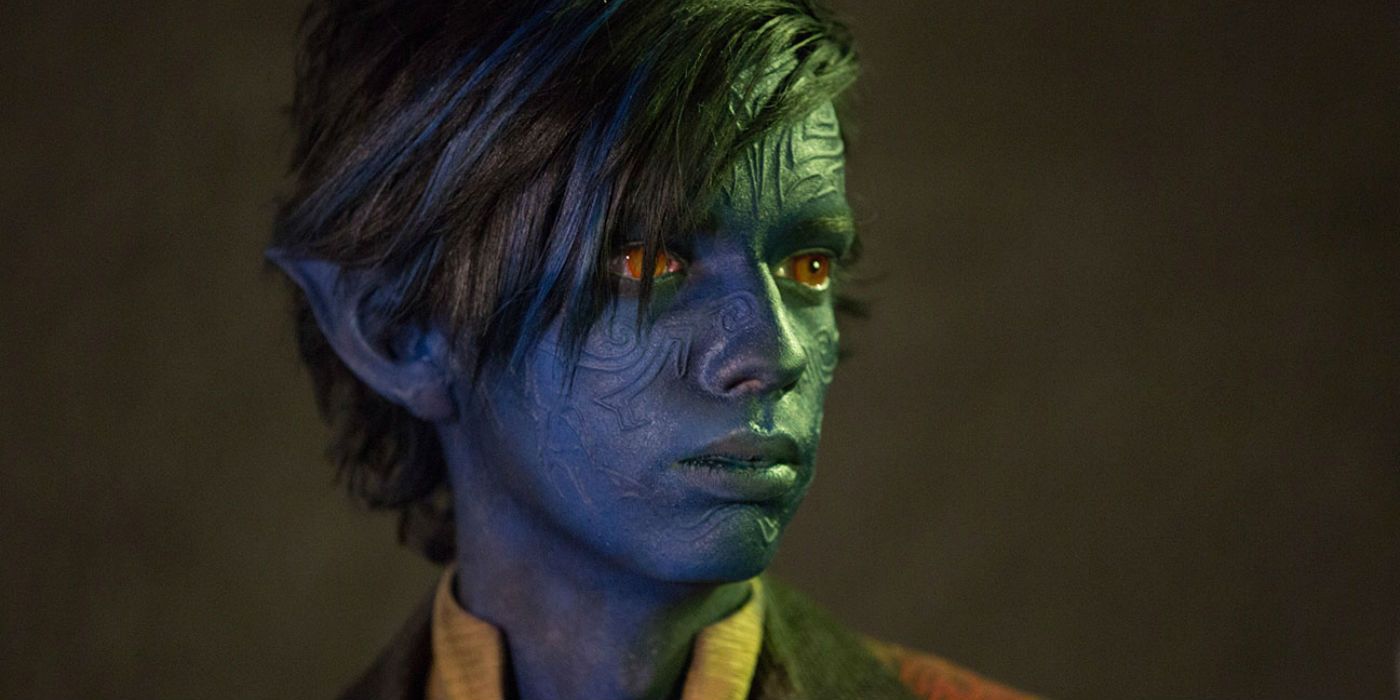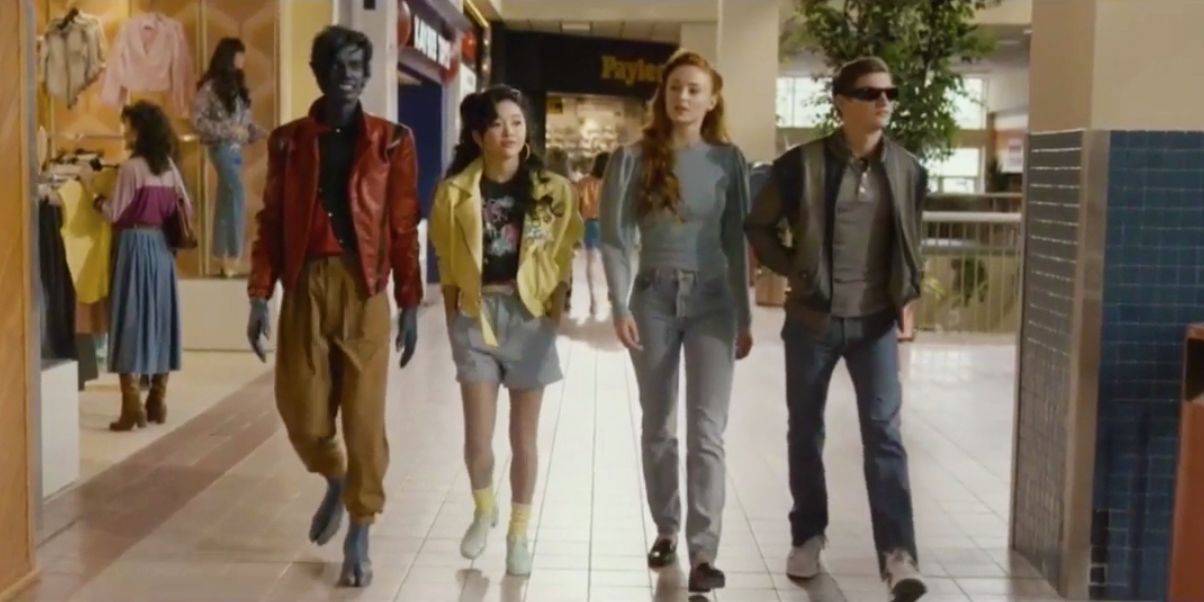Imagine an X-Men film set in the 1980s glory days of the franchise. The principal villain is as absurdly over-the-top “comic book” as you can get. Bold, comics-accurate costumes garb new cast members. The most heartbreaking of Chris Claremont and John Bolton’s Classic X-Men stories is evoked. Obscure figures from the lore you never expected to see on-screen appear. A berserker-rage fueled Wolverine makes a cameo, looking as if he stepped out of the pages of Barry Windsor-Smith’s Weapon X. And Jubilee, clad in a slick, yellow jacket escorts the team through a gaudy '80s shopping mall. That film is X-Men: Apocalypse, and it is greeted by fans at the time as the weakest installment in the franchise.
Apocalypse followed 2014’s X-Men: Days of Future Past, the highest-grossing film in the franchise and the entry that seemed to please both fans and critics. Days of Future Past took numerous liberties with the source material, but did maintain the story’s central gimmick while presenting some creative sequences that rivaled any other action/genre film of the era. We were all set to point fingers and laugh at the movie’s glam-rock inspired take on Quicksilver, which would surely pale in comparison to his more “official” appearance in Avengers: Age of Ultron. Today, the slow-motion “Time in a Bottle” sequence that starred the mutant is viewed as a brilliant piece of modern cinema, while most have likely forgotten Age of Ultron even featured the character.
And, to be honest, Apocalypse has another time-defying sequence starring Quicksilver that’s just as good. Admittedly, the filmmakers are gratuitously returning to the same well, but on a technical level, it’s just as impressive an accomplishment. And while the movie never quite pulls off the 1980s nostalgia angle, the use of the Eurythmics’ “Sweet Dreams (Are Made of This)” in the scene, you would think, evokes sharper memories than the more obscure Jim Croce track used in the previous film. (It’s hidden in the background, but there’s also a clever use of Metallica’s ’80s thrash metal track “The Four Horsemen” to introduce Angel as Apocalypse’s Horseman of Death.)
So, why is Quicksilver's scene, along with the rest of the film forgotten that easily? Looking back, it seems as if the filmmakers just didn’t have a handle on what Apocalypse was meant to be from the beginning. Director Bryan Singer has stated that, within weeks of Days of Future Past’s release, he was in a bar on his phone, half-jokingly tweeting out a tease for the next film, even though work on the script hadn't begun. It was one word: Apocalypse.
Singer has acknowledged that most of his familiarity with the canon comes from the ’90s animated series, which regularly featured Apocalypse as a larger-than-life menace given to melodramatic proclamations of his greatness and fury. Put simply, this is not the type of villain you’d expect to find in one of Singer’s X-Men films.
Singer’s instincts always leaned more towards the “grounded” aspects of the lore; the relationships between the characters and the explorations of alienation and discrimination. It suited the earlier films well, introducing a mainstream audience to the idea of superheroes as metaphor, and allowing Singer to evade the lower budget he’d been saddled with. Massive set pieces with dozens of costumed characters and numerous explosions are not cheap to shoot. Shooting two people in everyday clothes having a meaningful conversation is quite cheap, however.
It’s possible Singer was inspired by the increasingly audacious Marvel Studios movies of the time, a series that opened with a similarly “grounded” film (Iron Man) but quickly evolved to feature epic galaxy-spanning, dimension-hopping adventures. The X-Men’s battles in the comics are just as big and colorful, so why not bring this to film?
The problem is, Singer’s films have never worked on this scale. From the beginning, he seemed to be working against his instincts. An audience that had been trained to view his X-Men movies as, essentially, smart popcorn films wasn’t prepared for one that was nearly wall-to-wall action, with little character work and almost none of the charm that saves many of the Marvel Cinematic Universe films. It’s clear now that other problems behind-the-scenes were affecting Apocalypse. Years of disturbing rumors surrounding Bryan Singer were catching up to him, leading to some doubts he might not be able to make the movie at all. Even after production began, Singer reportedly disappeared from set for days, leaving writer/producer Simon Kinberg to pick up the slack.
Kinberg was being positioned at the time as Fox’s answer to Marvel’s Kevin Feige, a mastermind with deep knowledge of the lore and an understanding of how to translate these properties to film. Truthfully, outside of a co-writing credit on Days of Future Past, Kinberg has little credibility in this arena. His writing doesn’t seem to indicate a true understanding of the characters, giving the entire cast the blandest dialogue imaginable. Few of the intended jokes are amusing (the best joke is an ad-lib from actor Nicholas Hoult), and rarely does a character moment land. It’s very possible the scene that has Magneto’s daughter killed by bigots isn’t even an homage to a famous Classic X-Men story, but merely parallel thinking on Kinberg’s part.
A misunderstanding of what makes the source material work is another hindrance to the film. Why is a teenage Cyclops introduced as a rebellious punk with an attitude? According to the audio commentary, it’s because Cyclops was a villain in the comics’ warped-reality epic “Age of Apocalypse.” Singer thought fans would love the homage to the “everything you know is different now” angle of the comics storyline…without appreciating that story was set in a different world. Apocalypse is a prequel to a long-running film franchise. If you present characters in radically different ways, it comes across as simply not knowing who they are in the first place.
Some credit must be given for the film’s visuals, which are far more ostentatious than the normally bland palate of the Singer films. At the time of the movie's release, Olivia Munn’s appearance as Psylocke was the most comics-accurate X-Man we’d seen in the films so far. Yet, as she later revealed, this was because the actress demanded she appear as the Psylocke she remembered from her youth. (Apparently, the initial plan was to put her in the all-black leather look that’s marred the films from the beginning.) Munn has also revealed Singer and Kinberg knew essentially nothing about her character and she had to educate them on the set.
Ultimately, she needn’t have bothered. All of the characters selected to serve as Apocalypse’s Horsemen have rich histories, but in the movie, they’re interchangeable goons. The presence of Storm and Angel is purely fan-service, as is the Wolverine cameo that ultimately serves no story purpose. Characters audiences enjoyed in previous movies, and mutants fans have demanded appear in the films, pop in and out of the story simply for the sake of appearing. This might’ve been enough to appease fans starved for any film adaptation twenty years ago, but a modern audience won’t accept it.
What’s frustrating is that the elements for a decent story are here. We have Magneto losing his daughter, just as Xavier has taken in a troubled young female mutant in need of guidance. We have Mystique infiltrating a mutant trafficking ring in order to save her son, Nightcrawler. Havok is acting as a mentor to his brother Cyclops, cursed with a horrific power he can’t control. A plot can be pieced together that deals with the fractured bonds of family, just with these elements. Casting Apocalypse as the central villain here, however, would be an issue. Most likely, Moira’s rejected son Proteus (possibly sired by Xavier, if you want to bring in Ultimate X-Men canon) could work as this story’s villain.
What does Apocalypse add to the story as the villain? He’s an excuse for large set pieces that were likely supposed to rival the big climaxes of MCU films. Even though the talented Oscar Isaac is given the role, he’s left with nothing to work with. The established lore does create some story potential for the villain -- his evolution from slave to ruler, his obsession with evolution, the possibility his true motivation is to save all humanity from the Celestials’ inevitable judgment -- but you won’t find it in the film.
In some ways, the movie’s crippled by decisions made in previous films. Many have noted Jennifer Lawrence’s elevated status in the movie, an inevitability given her star power (even as she’s publicly stated she hates wearing the blue body makeup). Given her arc in previous films, it’s unlikely she’d end up as Xavier’s second-in-command of the team, but she’s a star now and the producers don’t want her playing a villain again, so here we are. Audiences also began to laugh at the franchise’s “every movie is ten years after the last” gimmick, as it’s obvious no attempt was made to age the cast. We’re not even given a silver-haired Magneto.
So, yes, the film’s frustrating and occasionally irritating, like when the teenage X-Men steal a jet from Weapon X and don flight suits that homage the 2000 movie costumes fans have always mocked. But some credit is owed for the effort. It was time for the franchise to evolve, and audiences have shown a willingness to embrace comic films with big ideas and small character moments. Had it worked, this would’ve been the most accurate portrayal of the X-Men onscreen yet. Apocalypse is owed at least one rewatch, if only to examine the hints of what could’ve been.

